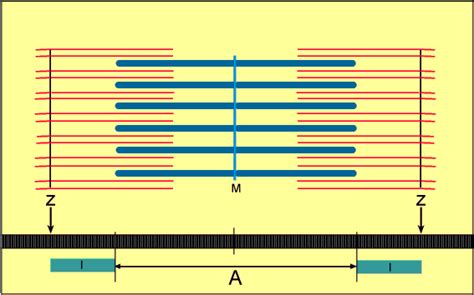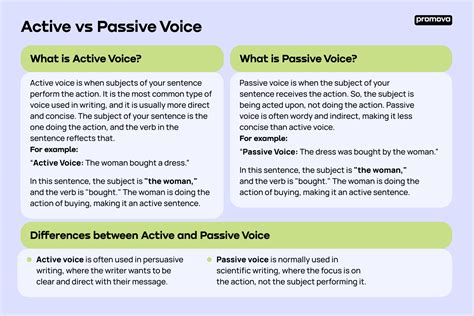Peak male performance: How to optimize workout recovery for faster gains?

Beyond the Gym: The Crucial Role of Recovery
In the pursuit of peak male performance and impressive gains, many men focus intensely on their time in the gym – lifting heavier, pushing harder, and extending their workouts. While dedication to training is fundamental, the real magic, the actual growth, doesn’t happen during your reps; it happens afterward, during recovery. Neglecting this critical phase is like building a house without letting the cement dry – it simply won’t stand strong. Optimizing your recovery isn’t just about feeling less sore; it’s about repairing muscle tissue, replenishing energy stores, and fostering an anabolic environment that leads to accelerated strength, size, and overall athletic improvement.

The Science of Muscle Growth and Repair
When you lift weights, you’re intentionally creating microscopic tears in your muscle fibers. This process, known as muscle damage, signals your body to initiate a repair process. During recovery, your body doesn’t just fix these tears; it overcompensates, building the muscle fibers back stronger and thicker than before – a process called hypertrophy. This adaptive response is fueled by specific nutrients, hormones, and rest. Without adequate recovery, your body remains in a state of breakdown (catabolism), inhibiting growth and potentially leading to overtraining, injury, and performance plateaus.
Prioritize Sleep for Hormonal Balance and Repair
Perhaps the most undervalued aspect of recovery is sleep. It’s during deep sleep cycles that your body produces the majority of its growth hormone (HGH) and testosterone, two crucial hormones for muscle repair, growth, and fat loss. Poor sleep elevates cortisol (the stress hormone), which can break down muscle tissue and hinder recovery. Aim for 7-9 hours of quality, uninterrupted sleep per night. Establish a consistent sleep schedule, create a dark and cool sleep environment, and avoid screens before bed to optimize your body’s natural repair mechanisms.
Fuel Your Body: Nutrition is Key
What you eat after a workout, and throughout your day, directly impacts your body’s ability to recover and rebuild. Think of nutrition as the building blocks and fuel for your recovery engine.
Protein Intake for Muscle Synthesis
Protein is paramount. It provides the amino acids necessary to repair damaged muscle fibers and synthesize new ones. Aim for 1.6-2.2 grams of protein per kilogram of body weight daily, distributed across meals. Consuming a protein-rich meal or shake within an hour or two post-workout can kickstart the repair process.
Carbohydrates for Glycogen Replenishment
Intense workouts deplete your muscle glycogen stores (your body’s primary energy source). Consuming carbohydrates after training is essential for replenishing these stores, which helps prevent muscle breakdown and prepares you for your next session. Focus on complex carbohydrates like whole grains, fruits, and vegetables.
Hydration: Don’t Underestimate Water
Dehydration can significantly impair performance and recovery. Water plays a vital role in nutrient transport, temperature regulation, and joint lubrication. Drink plenty of water throughout the day, especially before, during, and after your workouts. Electrolytes can also be beneficial during prolonged or intense training sessions.
![500+ Post Pictures [HD] | Download Free Images on Unsplash](/images/aHR0cHM6Ly90czIubW0uYmluZy5uZXQvdGg/aWQ9T0lQLkttSnc1WkxFY2VRdjQ5TW9CU1FyTXdIYUtQJnBpZD0xNS4x.webp)
Active Recovery and Mobility Work
While rest days are crucial, complete inactivity isn’t always the best approach. Active recovery, such as light cardio (walking, cycling), stretching, or foam rolling, can enhance blood flow to sore muscles, delivering nutrients and flushing out metabolic waste products. This can reduce delayed onset muscle soreness (DOMS) and improve flexibility and range of motion, reducing the risk of future injuries. Incorporate 15-30 minutes of light activity or mobility work on your rest days.

Strategic Supplementation (When Necessary)
While whole foods should always be your priority, certain supplements can support recovery when your diet falls short or when looking for an extra edge. Creatine monohydrate can improve strength and aid recovery. Branched-Chain Amino Acids (BCAAs) or Essential Amino Acids (EAAs) can help reduce muscle breakdown, especially during fasted training. ZMA (Zinc Magnesium Aspartate) can support sleep quality and hormone levels. Always research and consult with a professional before adding supplements to your regimen.

Manage Stress to Optimize Recovery
Chronic stress, whether from work, relationships, or life in general, can significantly impact your recovery. Stress elevates cortisol, which can counteract the anabolic effects of training and hinder muscle growth. Incorporate stress-reduction techniques into your daily routine, such as meditation, deep breathing exercises, spending time in nature, or engaging in hobbies. A relaxed mind contributes to a recovered body.

Conclusion: Consistency is Your Greatest Ally
Achieving peak male performance and faster gains isn’t just about crushing it in the gym; it’s about respecting and optimizing the recovery process. By prioritizing sleep, fueling your body with proper nutrition, incorporating active recovery, strategically using supplements, and managing stress, you’ll create an environment where your muscles can rebuild stronger, your energy levels remain high, and your progress accelerates. Consistency in all these areas will be your most powerful tool in unlocking your full potential.









